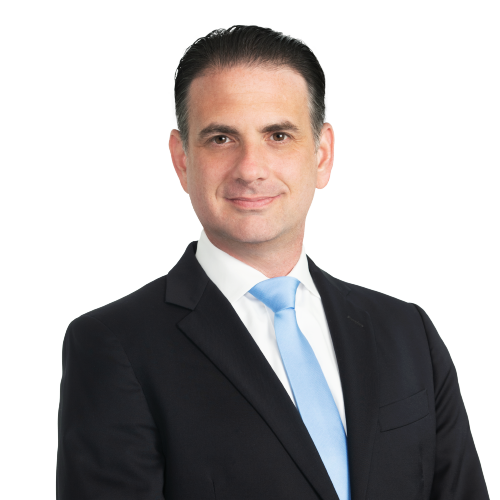Eleventh Circuit Reverses Mais
In what promises to have significant implications for litigation under the Telephone Consumer Protection Act (TCPA), the Eleventh Circuit Court of Appeals reversed the decision issued by Judge Robert Scola of the Southern District of Florida in Mais v. Gulf Coast Collection.
The Eleventh Circuit ruled that Judge Scola exceeded his jurisdiction—as a district court judge—to “enjoin, set aside, annul, or suspend” an FCC Order, based on the Hobbs Act, which provides that any “proceeding to enjoin, set aside, annul, or suspend any order of the Commission” must be brought under the Hobbs Act’s procedures.
Judge Scola acknowledged that his “Black’s Law Dictionary” reading of the term “express consent” was explicitly contrary to the FCC’s definition of the term, but found that, as a district court judge, he was not bound to follow the Hobbs Act. He also ruled that a patient who provides his cell phone number in connection with medical treatment is not consenting to be called at that number for TCPA purposes.
The Eleventh Circuit’s decision clarifies the meaning of express consent: releasing a number to a creditor in connection with a transaction that results in a debt, even if the number is provided in connection with medical treatment, constitutes consent for the debtor to call about the debt.
The decision will have far-reaching consequences, as other FCC orders are often at issue in TCPA cases. Additional significant aspects of the opinion include:
- The prior express consent language in the 2008 FCC Ruling indicates that it applies to “a wide range of creditors and collectors, including those pursuing medical debts.” Mais involved a phone number provided on a hospital admission form, and in the context of medical debt collection, the term “health information” included use of plaintiff’s cell phone number for billing purposes.
- The court also held that an intermediary may provide consent to call a cell phone. So, it was acceptable for the hospital that was given the number to provide it to a debt collection company.

